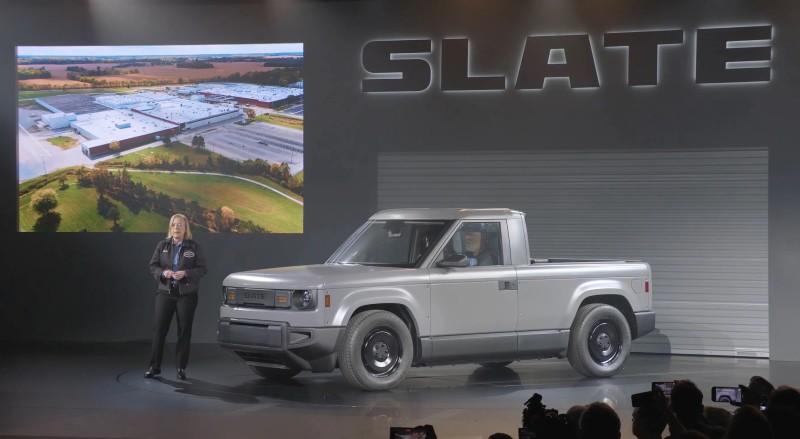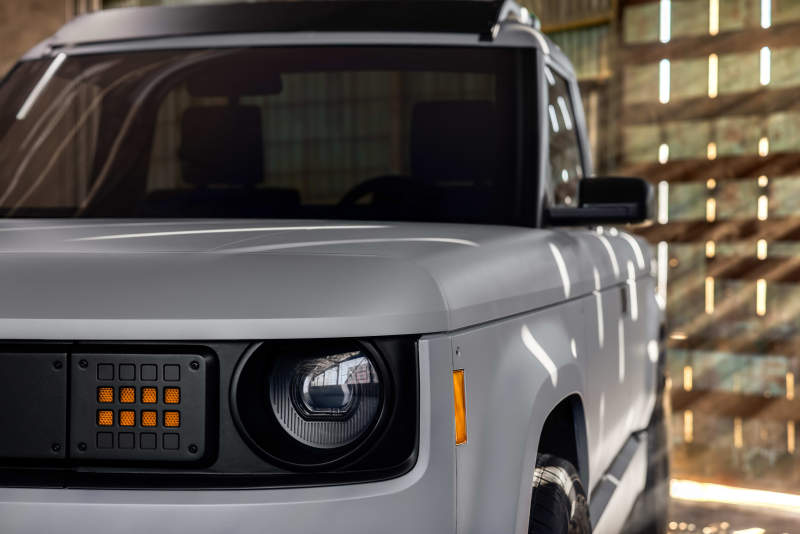Will the Slate Modular Electric Vehicle, Backed by Bezos, Succeed with Just 240 km of Range?
WilliamApr 27, 2025, 05:26 PM
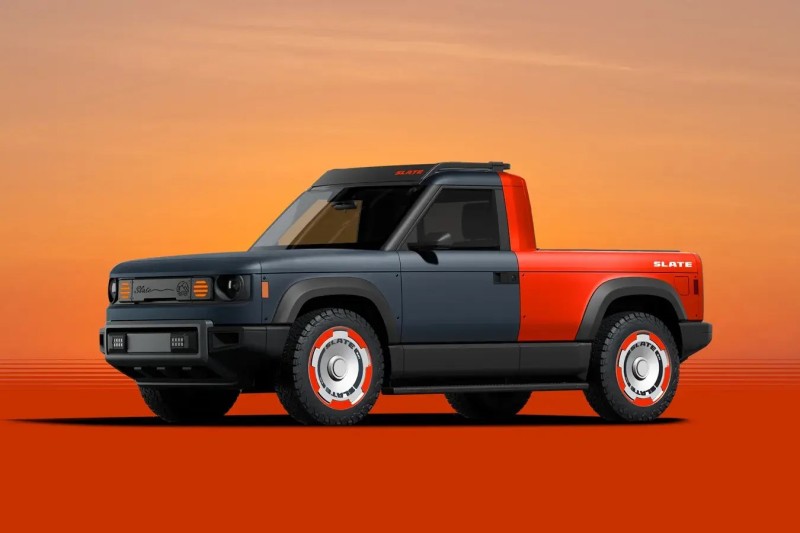
【PCauto】Recently, Slate, a company backed by Jeff Bezos, unveiled a modular electric vehicle priced at $28,000, sparking widespread interest.
On the surface, the base configuration of the vehicle is highly attractive, with its starting price of just $28,000, standard manual windows, basic interior, and a range of approximately 240 km powered by a 52.7 kWh battery.
However, such a simplified configuration may have gone too far, impacting the fundamental user experience. In today’s automotive market, even entry-level models are expected to offer basic comfort and convenience features.
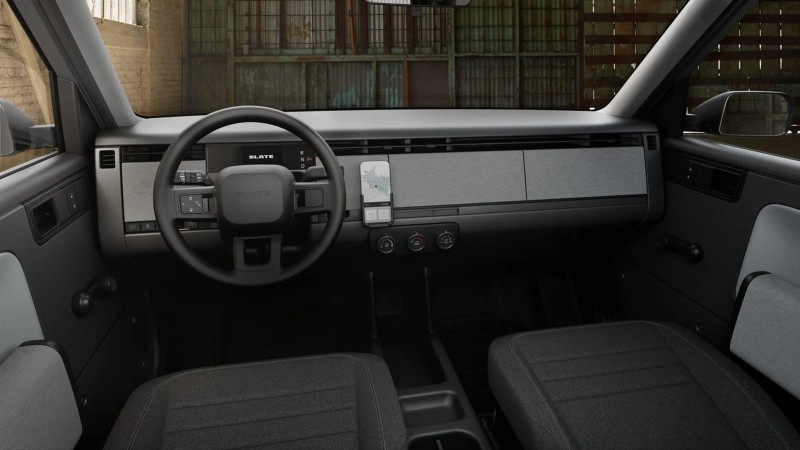
Manual windows are significantly less convenient than electric ones, especially in scenarios requiring frequent entry and exit or quick window operation. The manual mechanism can become quite cumbersome.
Additionally, a basic interior may not just reflect a minimalist design style but could also indicate cheaper materials and craftsmanship. This is likely to be a tough sell to consumers who seek a certain level of quality and comfort in their driving experience.
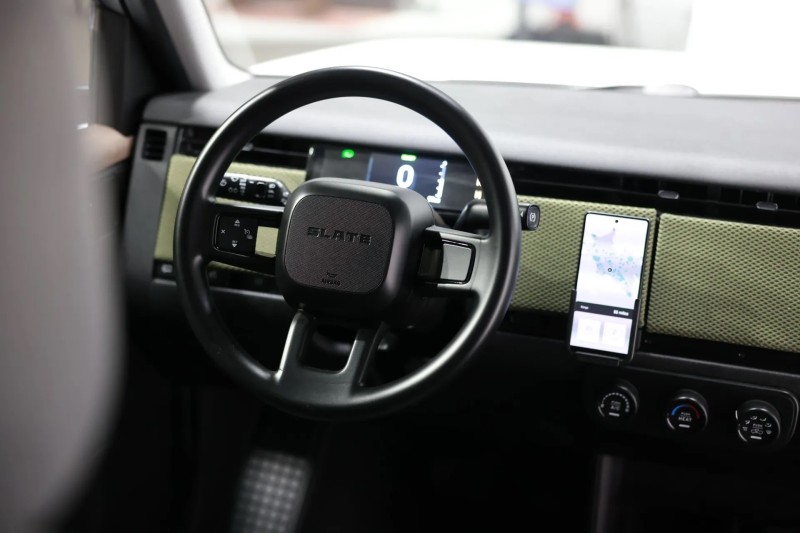
Looking at Slate’s modular design, the ability to transform from a two-seater pickup to a five-seater SUV through a detachable roof structure sounds appealing, especially with hundreds of customization options available for personalized assembly. However, in practice, there are numerous uncertainties.
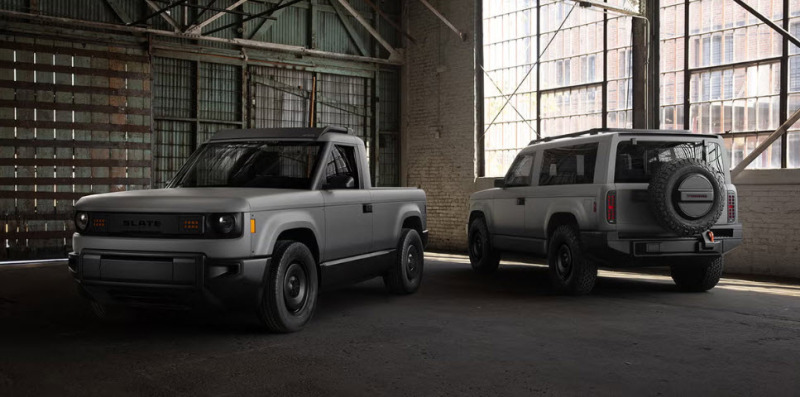
First, frequent disassembly of components like the roof could compromise the vehicle’s sealing and safety. The integrity of the vehicle structure is crucial during operation, especially at high speeds, leading to significant questions about whether the modular design can withstand prolonged, high-intensity use.
Secondly, the hundreds of customization options may complicate the selection process for average consumers. Not all users have the automotive expertise to determine how to combine parts to fulfill their needs while ensuring vehicle performance.
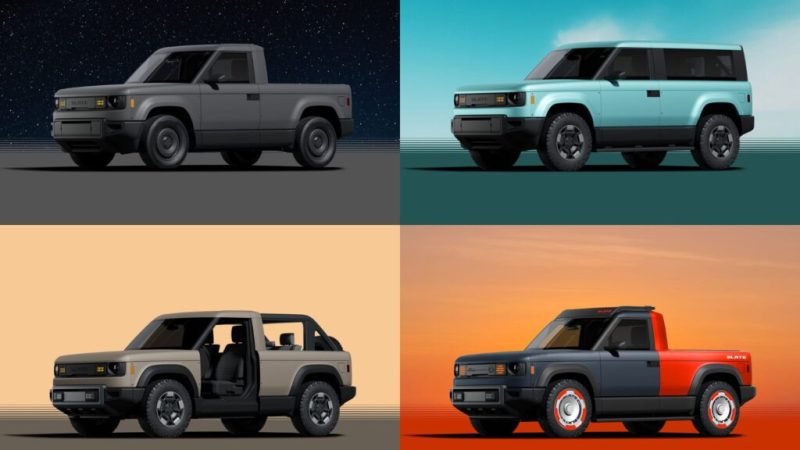
Moreover, an overwhelming array of choices could leave consumers indecisive, lengthening the purchasing process, and even lead to poor decisions that might negatively impact the vehicle’s overall quality and functionality.
From a brand background and market strategy perspective, Slate was incubated by the Bezos family office and its affiliate, Re:Build Manufacturing, employing several former Amazon staffers. This suggests a strong foundation of funding and talent; however, the automotive manufacturing sector differs fundamentally from e-commerce.
The automotive industry is technology-intensive, capital-intensive, and demands high standards of production management and supply chain control. It remains uncertain whether the experience of former Amazon employees in the e-commerce sector can be successfully transferred to automotive manufacturing.
